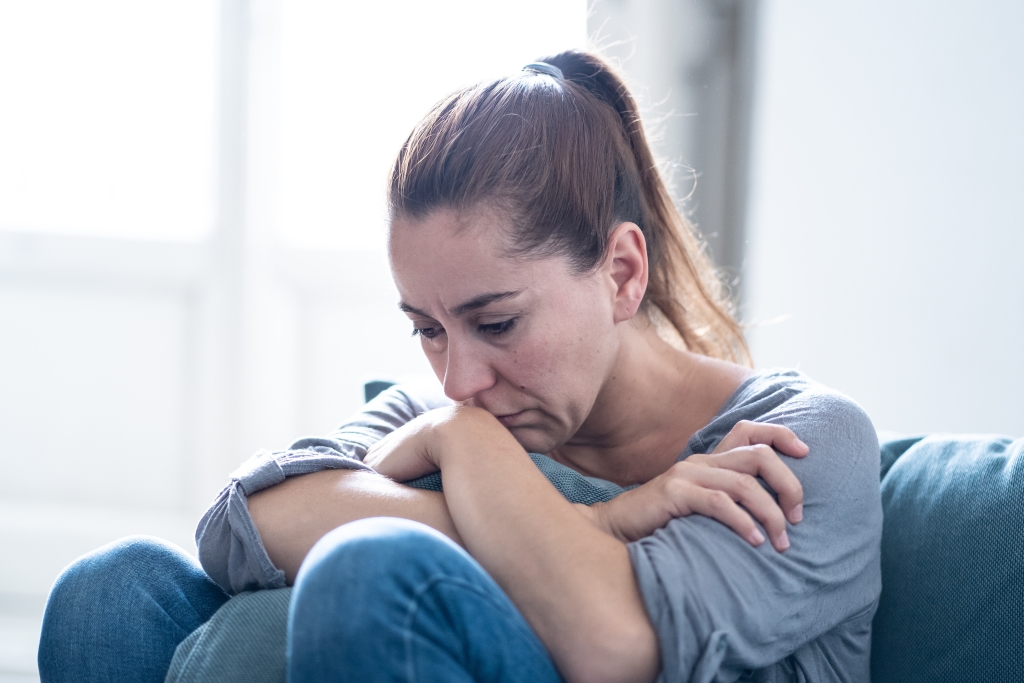Violence against women is a prevalent public health issue, estimated by the WHO to affect approximately 1 in 3 women worldwide within their lifetimes. Intimate partner violence (IPV) and other forms of gender-based violence have been associated with negative mental health outcomes, including depression, anxiety, and PTSD.
Mind-Body Therapies (MBTs) are a broad category of therapies that emphasize the influence of emotional, behavioral, and spiritual factors on physical and mental health. MBTs include meditative techniques such as mindfulness-based exercises, Tai Chi, and yoga. These forms of treatment have been shown to be effective in improving both medical and psychiatric conditions, including cancer, chronic pain, anxiety and depression. In a recent meta-analysis, co-authors Koroglu and Durat aimed to understand the effectiveness of mind-body therapies for the treatment of depression, anxiety, and PTSD symptoms in women victims of violence.
The authors analyzed data from 12 randomized controlled trials for a pooled sample size of 440 participants across 5 different countries (USA, Australia, Sweden, Canada, and Iran). The analysis included 219 participants in the mind-body therapy group and 221 in the control group (either active control or waiting list).
The duration of mind-body interventions in the studies ranged from 5 days to 12 weeks, with a range of 2 to 12 sessions. The mind-body interventions included dance/music therapy (3 studies), meditation (2 studies), yoga (2 studies), mindfulness (4 studies), and body-focused sensorimotor therapy (1 study).
The authors found a significant reduction in anxiety, depression, and PTSD symptoms in participants receiving mind-body interventions. However, there was a high level of heterogeneity in the magnitude of reduction of anxiety and depression.
The authors also performed a subgroup analysis to determine whether the number of sessions impacted effectiveness. They found that 8 or fewer sessions were effective for reducing anxiety and depression symptoms but not PTSD symptoms.
This study has several notable limitations. There was wide variation in the types of interventions conducted, the measurement tools used, and the interventions applied to the control groups. This could have all contributed to the high heterogeneity seen in the measured outcomes.
In summary, the findings of this meta-analysis suggest that mind-body therapies are an effective treatment for women victims of violence. However, further research is needed to determine how MBTs compare to other forms of treatment and which specific MBTs are best suited for this population.
Mira Bajaj, MD
References
Koroglu S, Durat G. The impact of mind-body therapies on the mental health of women victims of violence: A meta-analysis. Arch Womens Ment Health. 2024 Jul 3.
Related Posts
Publisher: Source link





